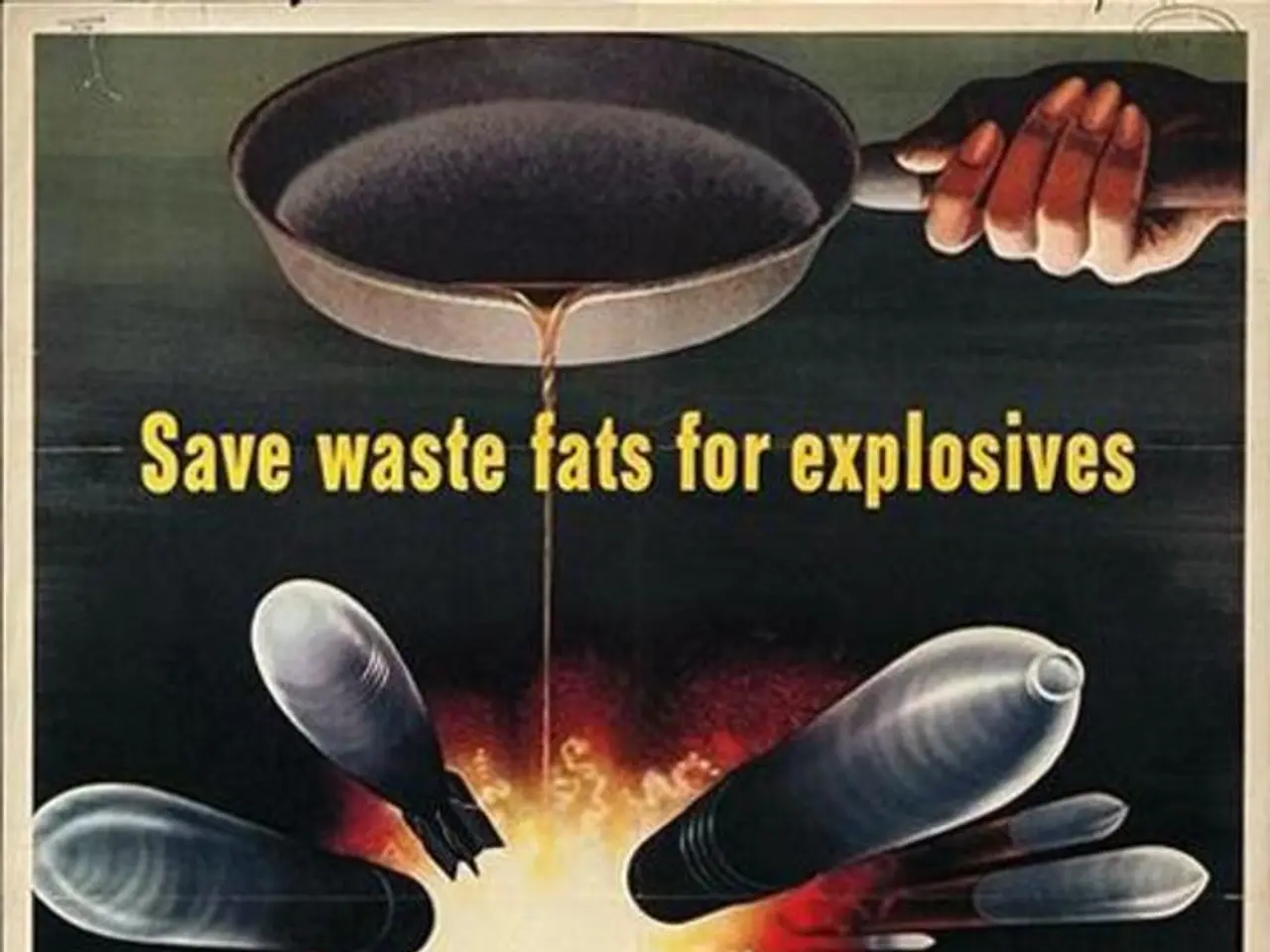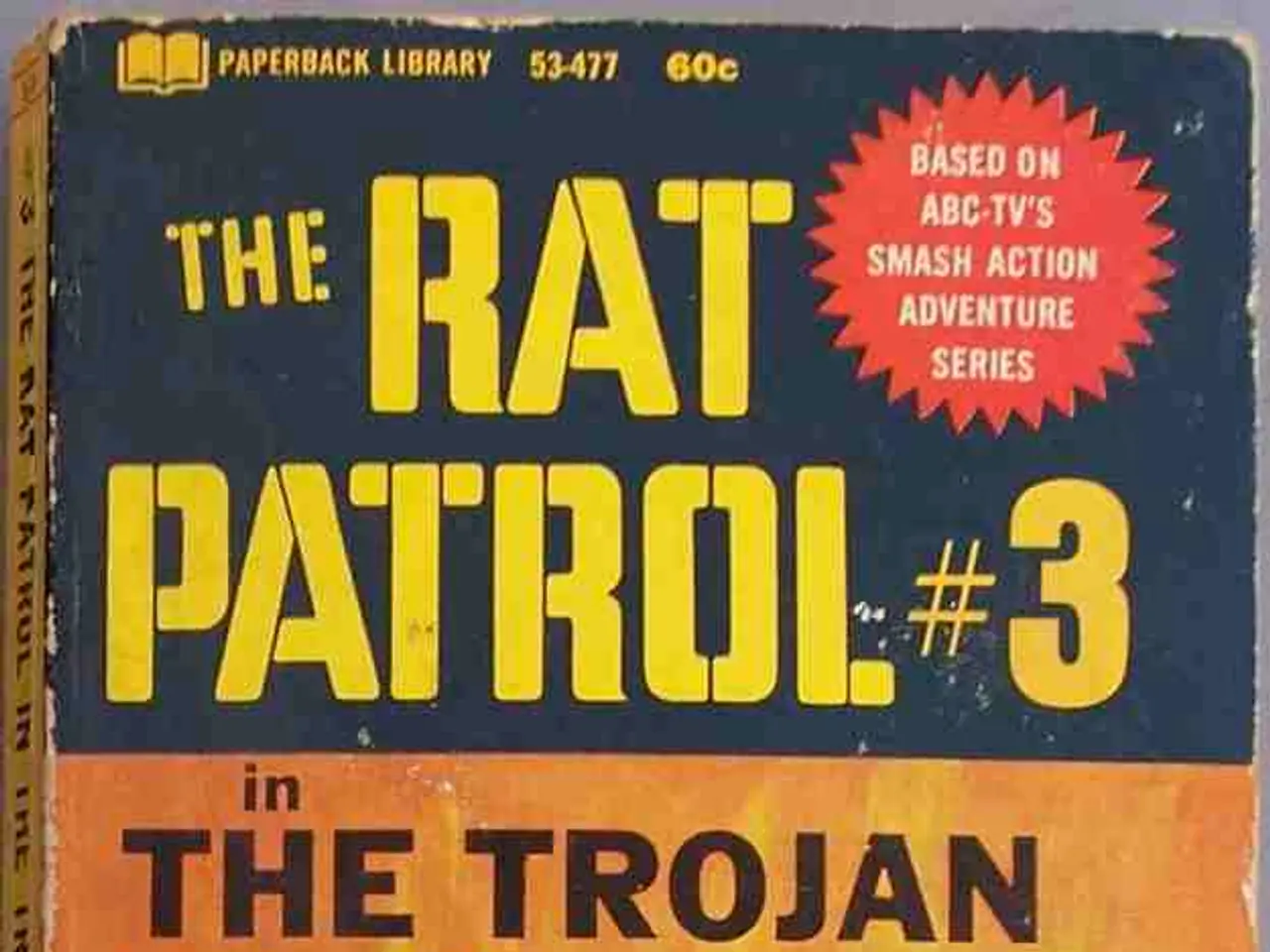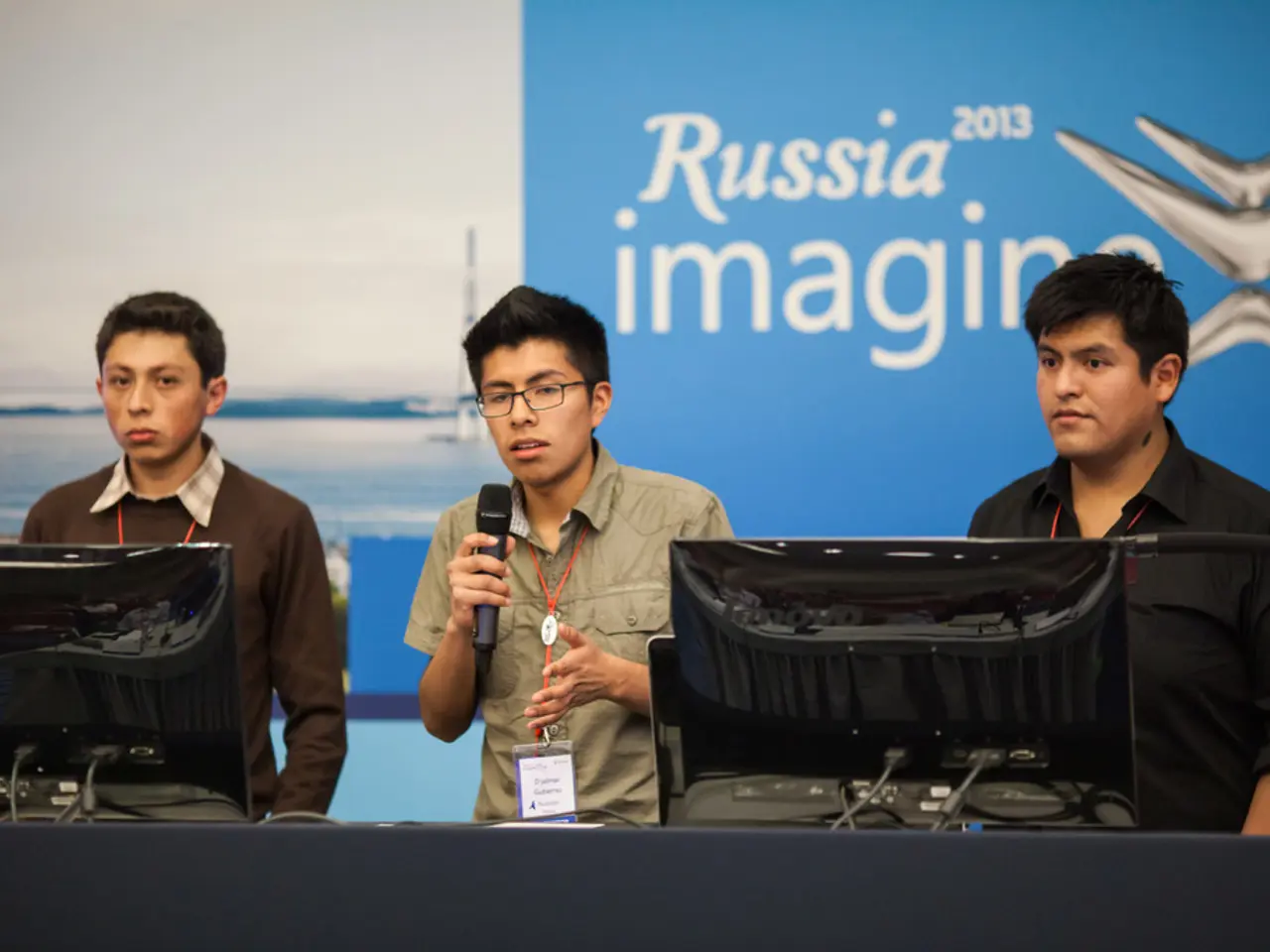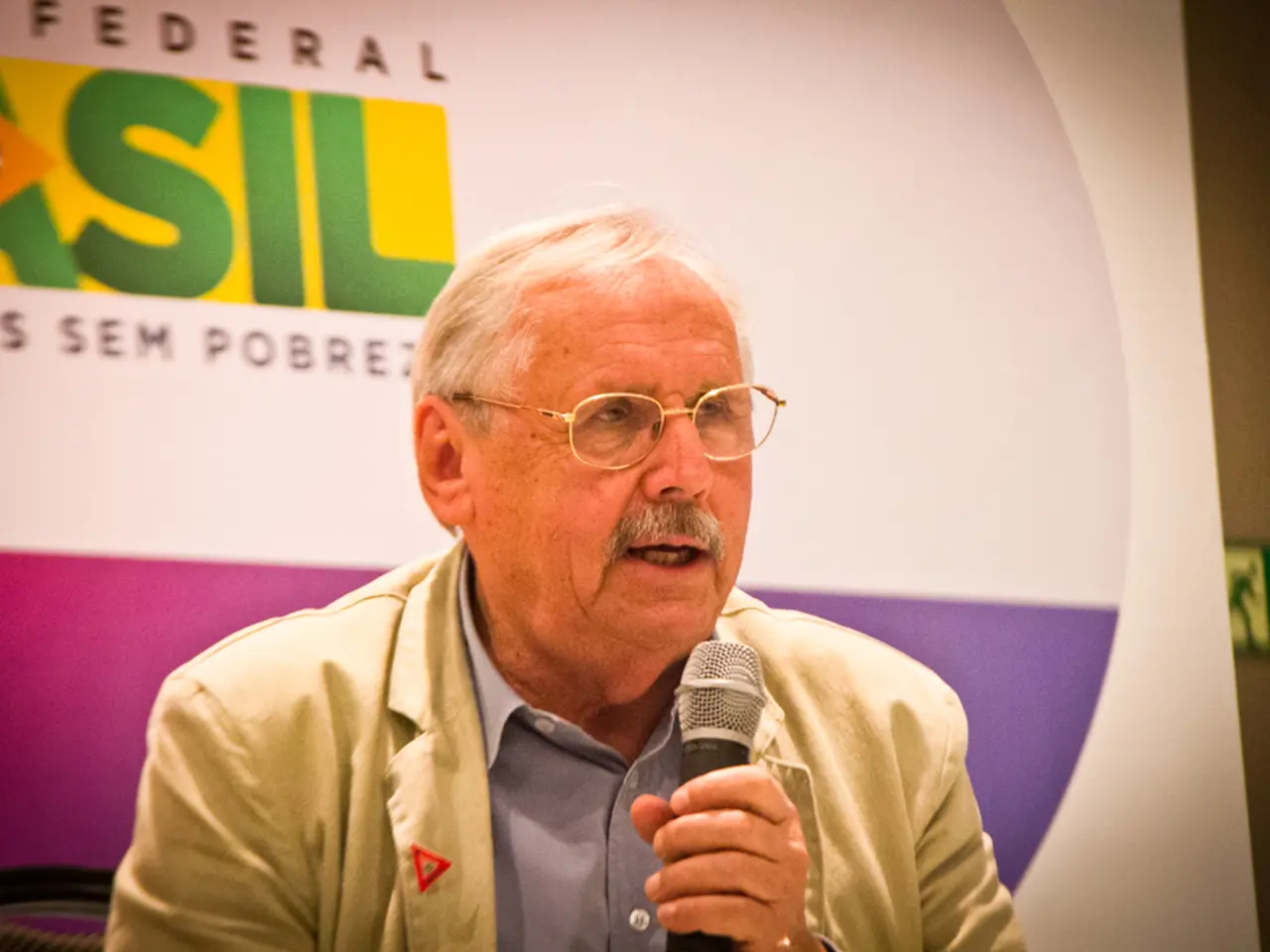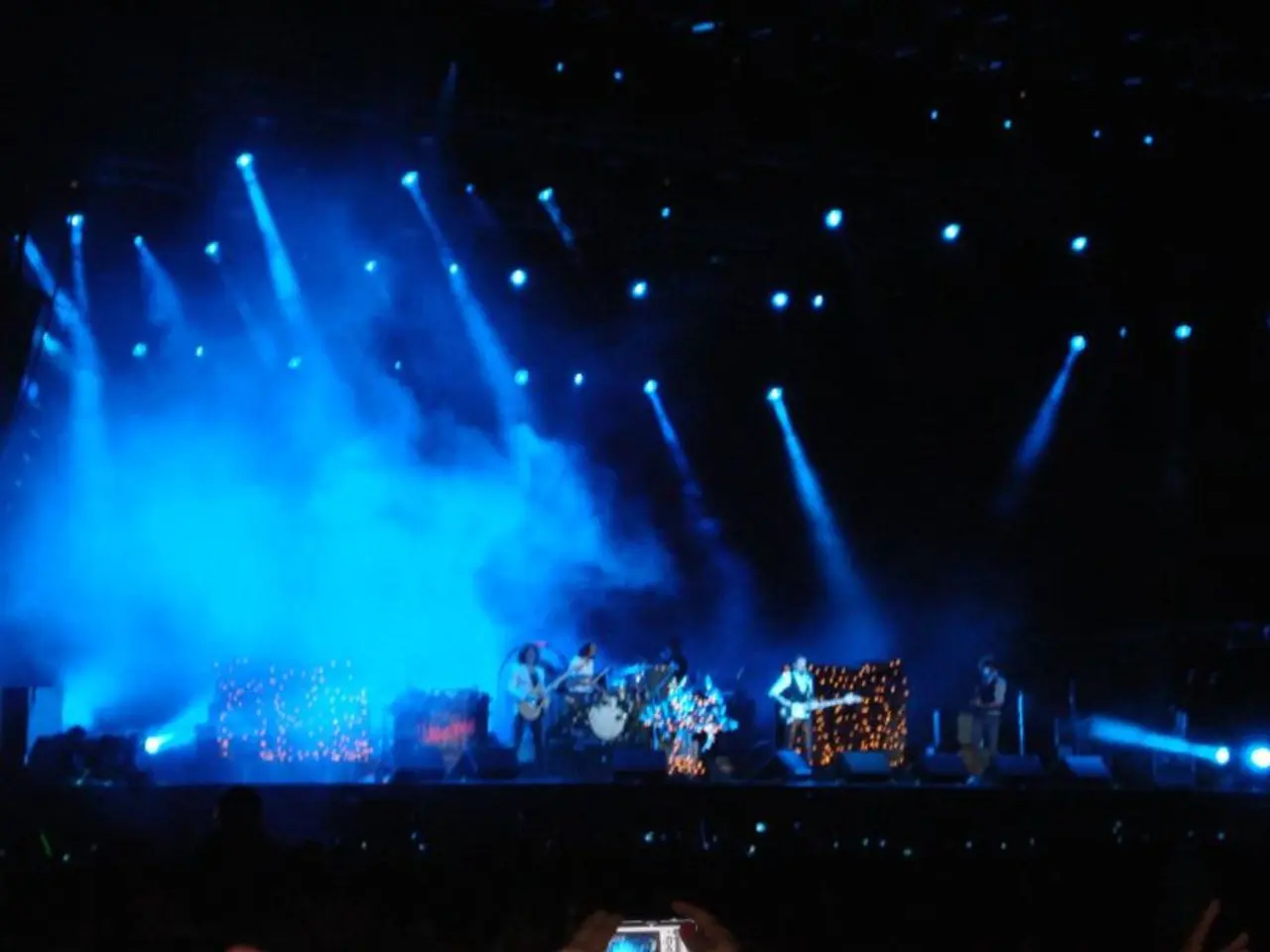United States is denied potential access to Japan's nuclear arsenal
Japan's Prime Minister Reaffirms Commitment to Non-Nuclear Principles
Japan's Prime Minister Shigeru Ishiba has reiterated his commitment to Japan's three non-nuclear principles, which prohibit the possession, production, and permitting of nuclear weapons on Japanese soil. He has also dismissed the idea of revising these principles or pursuing nuclear sharing with the United States.
This stance was made clear in speeches marking the 80th anniversary of the atomic bombings in Hiroshima and Nagasaki in August 2025. Ishiba emphasized the need for Japan to lead global efforts to achieve a world without nuclear weapons and to strengthen extended deterrence provided by the U.S. without direct possession or management of nuclear weapons by Japan.
However, before officially becoming prime minister in September 2025, Ishiba had publicly proposed the idea of Japan potentially participating in a NATO-style "nuclear sharing" arrangement with the U.S. This proposal, made in an article he wrote for a U.S. think tank, generated significant controversy and criticism domestically.
Since assuming office, Ishiba has notably omitted any mention of this nuclear sharing theory in official remarks. Instead, he has reiterated his respect for the three non-nuclear principles and Japan's lack of intent to acquire nuclear weapons. He clarified that nuclear sharing should not be confused with nuclear ownership, signaling a more cautious and conventional stance consistent with Japan’s historical policies and public sentiment.
The more hostile security environment surrounding Japan, including the war in Ukraine, China's military growth, and North Korea's nuclear advances, has led to political debate over the possibility of Japan hosting U.S. nuclear weapons or maintaining the technical capability to develop such armaments. However, Ishiba has consistently emphasized the need for diplomacy within the Nuclear Non-Proliferation Treaty (NPT) framework and reliance on U.S. extended deterrence.
The Hiroshima Peace Memorial Park, the site of the first atomic bombing on Japan, which killed approximately 70,000 people on August 6, 1945, was the venue for the ceremony marking the 80th anniversary. The ceremony was attended by survivors of the bombing and representatives from 120 countries and territories, a record attendance.
Former Prime Minister Shinzo Abe (2012-2020) stands out as one of the most influential figures of the ruling Japanese party in recent decades. Abe, who was assassinated in 2022, had also advocated for a change in Tokyo's anti-nuclear stance, stating that Tokyo should consider the option of sharing nuclear weapons with the United States, as Washington does with its NATO allies, and stop considering this possibility as "taboo".
In conclusion, Ishiba's stance has evolved from initially entertaining the idea of nuclear sharing with the U.S. as a strategic option before taking office, to firmly upholding traditional Japanese non-nuclear principles and rejecting nuclear sharing after he became prime minister. This shift reflects a balancing act between Japan's security concerns and its strong anti-nuclear legacy and international commitments.
[1] "Japan's Prime Minister Ishiba reaffirms commitment to non-nuclear principles." NHK World, August 8, 2025. [Online]. Available: https://www.nhk.or.jp/news/20250808_01.html [2] "Ishiba's nuclear sharing proposal sparks controversy." The Japan Times, September 1, 2023. [Online]. Available: https://www.japantimes.co.jp/news/20230901_ishibas-nuclear-sharing-proposal-sparks-controversy/ [3] "Ishiba clarifies stance on nuclear sharing." The Asahi Shimbun, October 10, 2024. [Online]. Available: https://www.asahi.com/articles/ASP2G34252024.html [4] "Ishiba emphasizes diplomacy in nuclear disarmament." Kyodo News, December 15, 2024. [Online]. Available: https://english.kyodonews.net/news/20241215-Ishiba-emphasizes-diplomacy-in-nuclear-disarmament.html
In light of the war-and-conflicts, such as the war in Ukraine, China's military growth, and North Korea's nuclear advances, politics and general news have been frequently discussing Japan's stance on nuclear weapons. Despite initially proposing the idea of nuclear sharing with the U.S. as a strategic option before taking office, Japan's Prime Minister Shigeru Ishiba has consistently reaffirmed his commitment to Japan's non-nuclear principles and clarified that nuclear sharing should not be confused with nuclear ownership. This shift in Ishiba's stance reflects a delicate balance between Japan's security concerns and its strong anti-nuclear legacy and international commitments.
